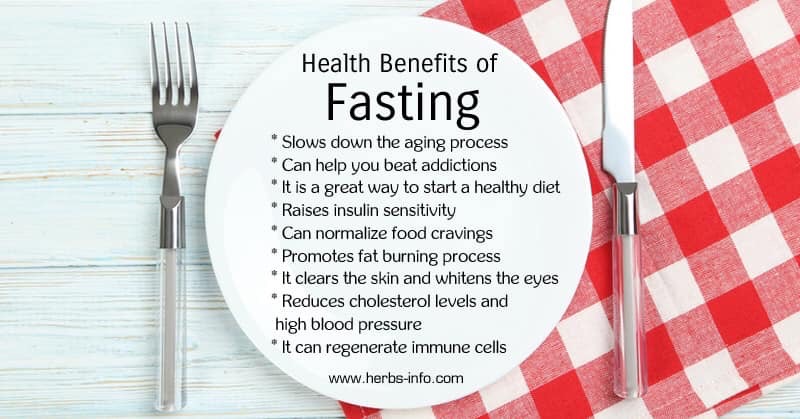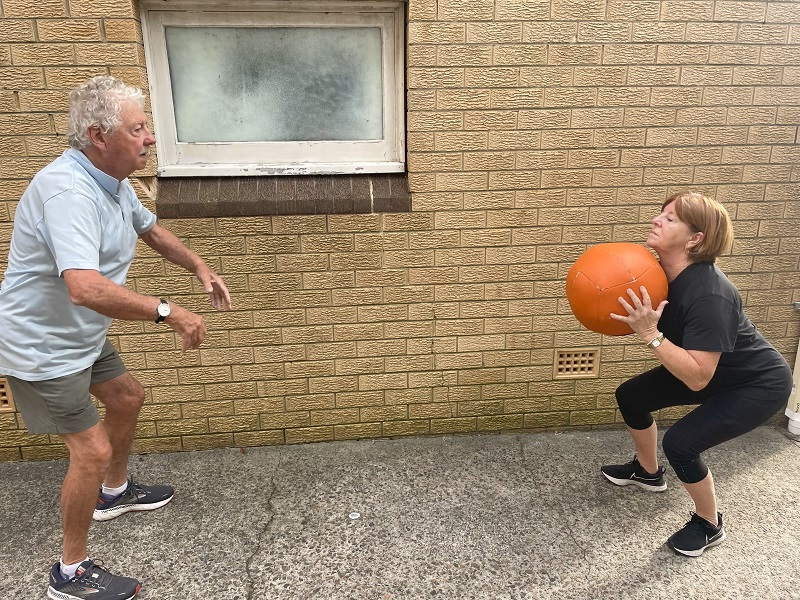Great results cardio vs weight training
Cardio AND weight training (resistance training)
are both essential forms of exercise, but they serve different purposes and provide distinct benefits.
Firstly I want to point out what cardio (aerobic) exercises are:
Running, cycling, swimming, power walking, dancing, rowing, ski erg, battle rope etc
The primary benefits of cardio are:
- Improves Cardiovascular Health: Cardio strengthens the heart and lungs, improves circulation, oxygen delivery, and overall heart function.
- Burns Calories/Fat: Cardio helps burn calories, making it effective for fat loss and improving body composition.
- Increases Endurance: Regular cardio improves stamina and endurance, allowing you to perform physical tasks longer without fatigue.
- Enhances Mental Health: Cardio is known to release endorphins, which can improve mood, reduce stress, and decrease symptoms of anxiety and depression.
- Improves Metabolism: Increases the body’s ability to burn fat for energy over time, which can be beneficial for weight management.
Cardio is great for:
- Fat loss
- Cardiovascular fitness
- Improving aerobic endurance
- Mental health benefits

Secondly I want to point out what weight (resistance) trainings exercises are:
Lifting weights, bodyweight exercises (push-ups, squats), resistance band exercises, machine-based exercises, etc.
The primary benefits of weight training are:
- Builds Muscle Mass: Weight training increases muscle strength, size, and tone. This leads to a more sculpted appearance and improved physical strength.
- Boosts Metabolism: Muscle tissue burns more calories at rest than fat tissue. The more muscle mass you have, the higher your resting metabolic rate (RMR), meaning you burn more calories even when not exercising.
- Improves Bone Health: Resistance training increases bone density, which helps prevent osteoporosis and improves overall skeletal health.
- Enhances Functional Strength: Weight training improves functional strength, helping you perform daily tasks more easily and reducing the risk of injury.
- Boosts Mental Health: Similar to cardio, weight training can also release endorphins and improve mood, though the focus is often more on building confidence and strength.
Best For:
- Increasing strength and muscle mass
- Enhancing metabolic rate
- Improving bone density
- Body composition (muscle vs. fat ratio)
- Functional strength and physical appearance
Cardio vs. Weight Training: Which is Better?
It depends on your goals:
- For Weight Loss: Both cardio and weight training are important. Cardio burns calories, while weight training builds muscle, which increases your resting metabolism. The best approach is often a combination of both to maximize fat loss and improve muscle tone.
- For Muscle Building: Weight training is the more effective choice. It focuses on strength and hypertrophy (muscle growth), which cardio does not directly address.
- For Overall Fitness: A balanced routine that includes both cardio and weight training will give you the best of both worlds—improving heart health, building strength, and enhancing endurance.
- For Health and Longevity: Both types of exercise have essential benefits, including boosting metabolism, enhancing cardiovascular health, and improving mental well-being.
How to Combine Them:
- For Fat Loss: Combine both—do weight training 3–4 times per week and cardio (e.g., 30 minutes of moderate-intensity) 2–3 times per week.
- For Strength and Muscle Gain: Focus on weight training, but include some light cardio (e.g., 10-20 minutes) on off days to improve recovery and cardiovascular health.
- For General Fitness: A mix of 2–3 cardio sessions and 2–3 weight training sessions a week is typically a great balance.
Conclusion:
Neither cardio nor weight training is inherently “better”—they each serve different purposes. Ideally, you should incorporate both into your routine based on your goals for a well-rounded, effective fitness plan.
When I first switched from cardio and abs to weightlifting and high intensity workouts, I got results fairly quickly.
Below, his recommendation for having the best of both worlds and why you might consider cardio a staple part of your well-being routine.
If you increase the volume too much, doing cardio every day for multiple hours, that’s when you become susceptible to hindering your muscle gains. The reason is that excessive cardio can tap into your body’s overall recovery ability, which needs to be in tiptop shape for muscle growth.
I would personally recommend HIIT (or something that gets your heart rate up) over long and slow jogging. There are two reasons for this: a) It takes quite a bit of time out of your day b) you don’t achieve great results either. Getting your heart rate up for short amounts of time is key c) too much cardio will reduce the energy that you can devote towards weight lifting.



